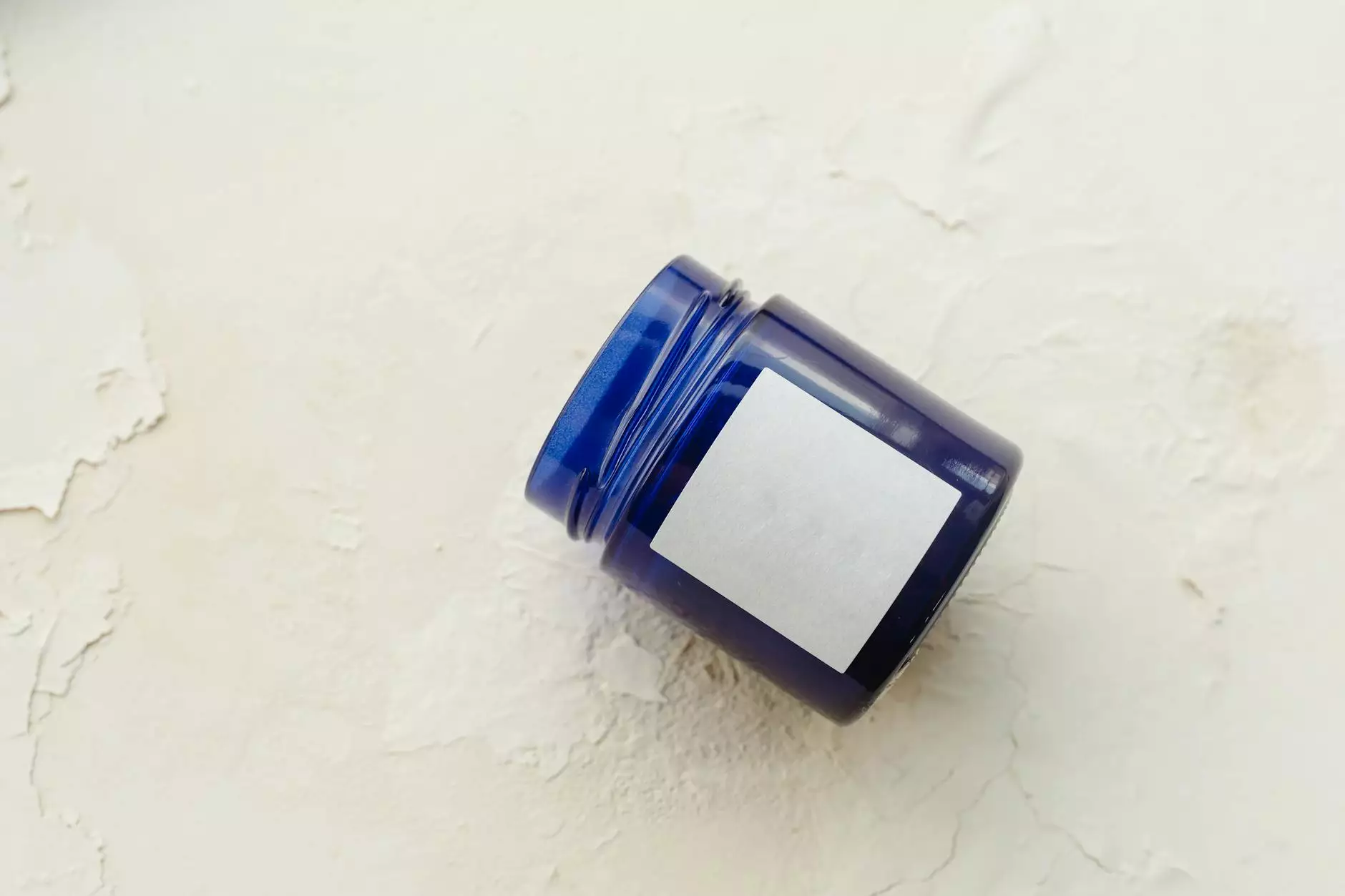Effective Drugs to Stop Anxiety: A Comprehensive Guide

Understanding Anxiety Disorders
Anxiety disorders are among the most common mental health issues faced by individuals today. They encompass a range of conditions, including generalized anxiety disorder (GAD), panic disorder, social anxiety disorder, and more. These disorders can significantly affect daily life, leading to feelings of unease, fear, and apprehension. It’s essential to recognize these symptoms and understand the available drugs to stop anxiety.
How Do Drugs Help Manage Anxiety?
Pharmaceutical treatments for anxiety work by targeting neurotransmitters in the brain, which are chemicals that facilitate communication between nerve cells. These medications can help to regulate mood, promote relaxation, and diminish feelings of fear and panic.
Two primary classes of drugs used to combat anxiety are:
- Antidepressants
- Benzodiazepines
Antidepressants: A Nuanced Approach
Antidepressants, particularly Selective Serotonin Reuptake Inhibitors (SSRIs) and Serotonin-Norepinephrine Reuptake Inhibitors (SNRIs), are often prescribed as first-line treatments for anxiety. These medications work by increasing the levels of serotonin and norepinephrine in the brain, thereby elevating mood and reducing anxiety.
Commonly prescribed SSRIs include:
- Fluoxetine (Prozac)
- Sertraline (Zoloft)
- Escitalopram (Lexapro)
On the other hand, some effective SNRIs include:
- Duloxetine (Cymbalta)
- Venlafaxine (Effexor XR)
The Role of Benzodiazepines
Benzodiazepines are a class of medications that provide rapid relief from anxiety symptoms. They enhance the effect of the neurotransmitter GABA (gamma-aminobutyric acid), promoting sedation and relaxation. While they can be effective in managing short-term anxiety, they are typically not recommended for long-term use due to the risk of dependence.
Common benzodiazepines include:
- Alprazolam (Xanax)
- Diazepam (Valium)
- Clonazepam (Klonopin)
Natural and Herbal Alternatives to Anxiety Medications
While many people rely on prescription medications, there are natural alternatives that can also help manage anxiety symptoms. Some options include:
- Chamomile: Known for its calming effects, chamomile tea can be a simple yet effective remedy.
- Lavender: Aromatherapy with lavender oil has been shown to decrease anxiety levels.
- Valerian Root: Often used as a sleep aid, valerian can also provide anxiety relief.
- Omega-3 Fatty Acids: Found in fish oil, these have been linked to improved mood and reduced anxiety.
How to Choose the Right Medication
Choosing the right medication for anxiety is a personal and often complex decision. Factors to consider include:
- The specific type of anxiety disorder: Different medications may be more effective for specific disorders.
- Your medical history: Prior experiences with medications and any pre-existing health conditions should be discussed with your healthcare provider.
- Potential side effects: Understanding the possible side effects of medications is crucial in making an informed decision.
- Personal lifestyle: Considerations such as work, social life, and responsibilities can influence the choice of treatment.
Side Effects of Common Anxiety Medications
Understanding potential side effects is an integral part of any treatment plan. While medications can provide significant benefits, they may come with adverse effects:
Antidepressants
While generally well-tolerated, SSRIs and SNRIs can have side effects that may include:
- Nausea
- Weight gain
- Fatigue
- Sexual dysfunction
- Insomnia
Benzodiazepines
Benzodiazepines, while effective for immediate relief, can cause:
- Drowsiness
- Dizziness
- Memory impairment
- Dependence and withdrawal symptoms
The Importance of Professional Guidance
It’s vital to seek guidance from a qualified healthcare professional when considering drugs to stop anxiety. A mental health specialist can provide a comprehensive evaluation, ensure the correct diagnosis, and recommend an appropriate treatment plan tailored to your needs.
Additionally, psychotherapy, particularly cognitive-behavioral therapy (CBT), can be an effective complement to medication. It helps individuals develop coping strategies and navigate anxiety's underlying issues.
Combining Medication with Lifestyle Changes
In addition to medication, integrating lifestyle changes can enhance overall mental well-being and help manage anxiety. Effective strategies include:
- Regular exercise: Physical activity releases endorphins and improves mood.
- Mindfulness and meditation: Practices that promote mindfulness can reduce anxiety symptoms significantly.
- Healthy diet: Eating a balanced diet rich in nutrients supports brain health.
- Sleep hygiene: Ensuring adequate and quality sleep is essential for mental health.
Conclusion
In conclusion, understanding the various drugs to stop anxiety can empower individuals to make informed decisions about their mental health treatment. Whether opting for traditional medications like antidepressants and benzodiazepines or exploring natural alternatives, it is critical to consult health professionals for personalized advice.
By combining medication with therapeutic strategies and lifestyle changes, individuals can achieve effective anxiety management and enhance their quality of life.
For more information about health and medical products, visit topchemicalshoponline.com.









